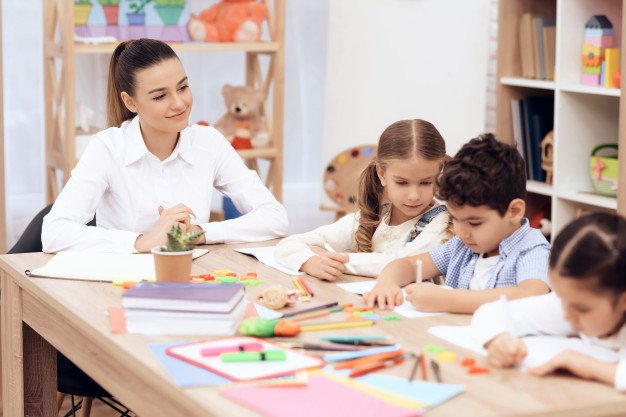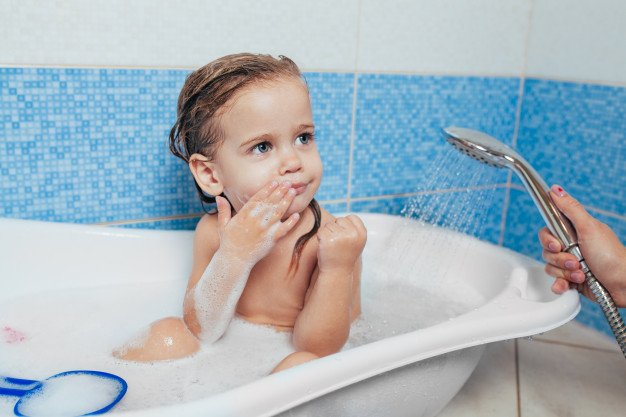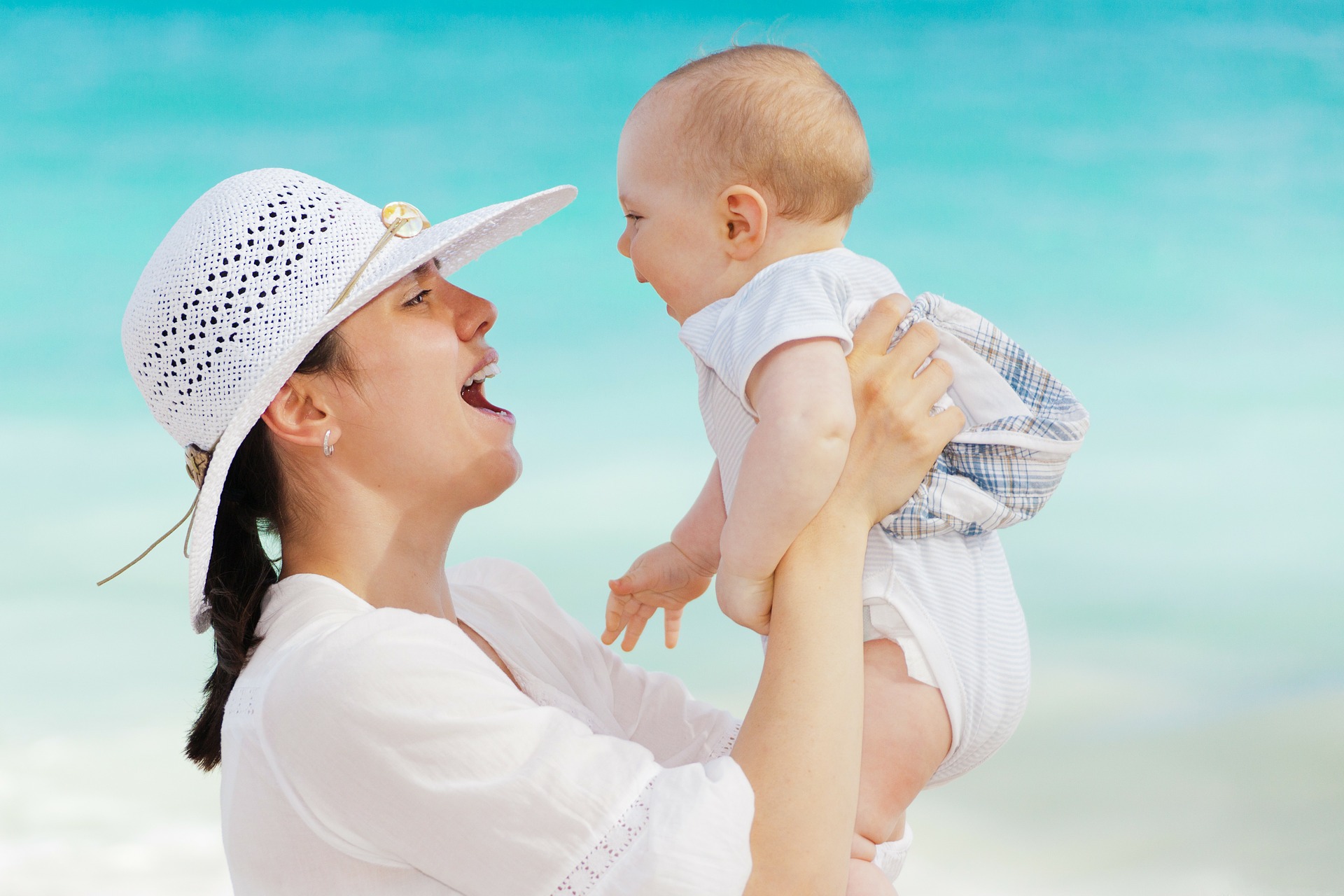Since CBD is doing miracles for a lot of adults it is normal to ask about the possibility to use it for kids. People are not only using CBD products for themselves but also for their pets.
The results and benefits are the same or very similar because both have the so-called endocannabinoid system. And when it comes to kids, parents want to know more about the benefits and possible side effects.
Assuming that you know enough about CBD, we will not dive into details of explaining what CBD is again and again. Instead, we will dive right into the pros and cons of using CBD for kids.
Are parents using CBD to help their kids?
Yes. Parents around the world are using CBD products such as CBD oils to treat some conditions. Children may suffer from anxiety and hyperactivity and CBD can help against both. And not only that because other parents who have children with autism use it to reduce symptoms of autism.
While there is some evidence about the effectiveness and benefits of CBD, more research is underway. That is because some parents are still unconvinced and uncomfortable giving it to their kids.
As we mentioned above, the main factor that is pushing parents to try CBD on their children is the fact that CBD helped them well. These parents took the advantage to use it on a daily basis until it worked. Even though a cannabis plant’s ingredient, CBD is legal and safe to use without a prescription in most countries.
And the list of health issues it fights is long and getting longer after each scientific study. If we are to mention a few health conditions that some children face, then epilepsy, autism, and anxiety are what CBD is successful in fighting. Assuming that you are sure of using CBD oil, then we recommend you buy the best CBD oil out there.
Are there any risks of using CBD for kids?
Medical cannabis has a rich history of usage, for hundreds of years to be more informative. CBD oil as a derivative of that is still a bit new to the market. That means that this product hasn’t been researched enough for use in children.
It helps the adults, it helps the animals, and may also help the children. But when it comes to children more studies are needed to find more about its effects.
We are saying that because if the child is taking other medications it is not safe to use other compounds without talking to the doctor first. The interaction between CBD and non-all-natural products may produce negative side effects. While CBD oil has shown to be quite successful for the treatment of seizures in kids, for other issues there is little evidence.
In conclusion, it is obvious that more parents are using CBD oil for their kids. These parents are also recommending it to other parents stating that it is very beneficial. However, when it comes to you, we recommend that you think of it one more time and always talk to your child’s pediatrician. This is a must if your child is taking other supplements.























